Death Cafe profile for Pam Cuming
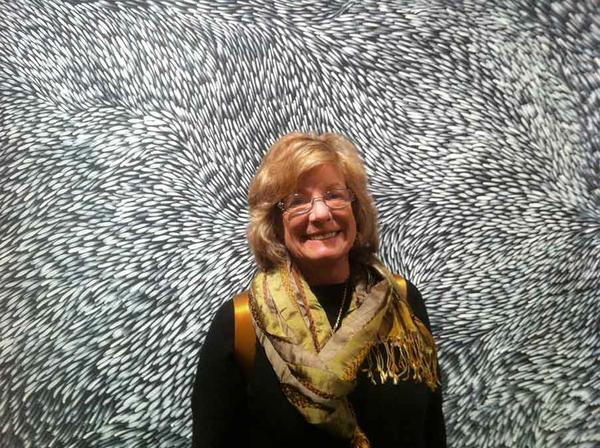
Location: United States
About Pam Cuming:
“You could drop dead at any moment,” Dr. Herz said as I followed him down the hall to his office after my annual stress echo. His pronouncement stunned me. I couldn’t respond. I could scarcely breathe. I feared I might fall down and die right there in the narrow corridor.
I was not immune. Death was stalking me, too. The person who had been a fearless Mistress of the Universe was now terrified. That was a new me; a self I didn’t recognize. I had been courageous, resilient, optimistic and willful. I had believed I could do anything if I put my mind to it. Generally, I had succeeded.
I had graduated with distinction from Smith College. I had become an insurance underwriter who evaluated the risks inherent in moving goods over land. I had been “the female experiment.” The company had wanted to see if a young woman could deal with the rough and tough brokers who were their clientele. I could and I did. In the process, I had learned to march confidently down the corridors of traditionally male power. I also had learned to unleash the power of my pen as the Chief Executive had begun to rely on me to draft his speeches.
At thirty-five, I had survived the death of my husband, writing about the tragedy in Widows Walk (Crown,1981). I had published two books on the use and abuse of power in organizations: The Power Handbook: A Strategic Guide to Organizational and Personal Effectiveness (Van Nostrand, 1982), and its sequel, Turf and Other Corporate Power Plays (Prentice Hall,1985). I had run a successful consulting practice. Finally, I had survived eight years of working with the Titans of the Universe in one of the most aggressive Wall Street firms.
I had been invulnerable and unstoppable until the ravages of time and aging began to take their toll. In the span of six months, my mother, my aunt, and two of my best friends died. I was diagnosed with a serious medical condition that could prove fatal. I was face to face with Death, an adversary I could not defeat.
I had a choice. I could escape into a drug-induced fantasy world. I could stumble on, embracing a life that is so busy and so driven that there is no time for contemplating my own demise; or, I could confront death. I chose the latter. I believed what Michel de Montaigne, one of the most influential writers of the French Renaissance, once said, “To begin depriving death of its greatest advantage over us, let us deprive death of its strangeness.” To do so, I began working on The Hourglass: Life as an Aging Mortal. And, I joined the Death Cafe.
What brings you to Death Cafe?
As the famous Swiss psychiatrist, Carl Jung, once said, “Shrinking away from death is something unhealthy and abnormal which robs the second half of life of its purpose.” I believe that having conversations with other members of the Death Cafe will help me value life all the more because of its impermanence.
What would you like your legacy to be?
That I helped others...my daughters, my grandsons, my friends, my employees, my clients, my readers....discover and trust their potential and have the resilience to overcome the inevitable obstacles and therefore become all that they could be and wanted to be.
Thoughts for sharing:
The story of the Rice Bowl.... “The Buddha and his disciples had congregated in a park high above the village. One day a young woman came to the Buddha with a dead two-year-old child in her arms and asked the enlightened one if he would bring her child back to life. The Buddha gave her an empty wooden bowl and told her to go back down into the village and go house to house, searching for someone who had not suffered the loss of a loved one. When she found someone who had been spared the pain and suffering she now felt, her bowl would be filled. He instructed her to bring him the bowl full of rice. In exchange, he promised to renew the life of her son.
“She took the empty bowl and went down into the village and spent days going from house to house. She talked to the old and to the young, to men and to women, and couldn’t find a single person who had not lost someone they loved. She began to understand that her suffering was not unique, but rather part of the experience of living. She accepted that life is impermanence, and death its only certainty. She thanked the Buddha for enriching her life.”
Contact Pam Cuming
Pam Cuming's posts on the Death Cafe website
Resource: The Hourglass: Life as an Aging Mortal
Posted by Pam Cuming on April 17, 2016, 5:51 p.m. 1 comment
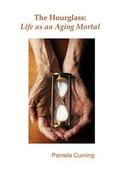
In The Hourglass: Life as an Aging Mortal, Pamela Cuming invites us to contemplate how we can find the courage to age and to confront death as the runway of our lives gets shorter. She courageously addresses questions like these:
• How can we continue to find meaning in life when ...
New Blog post: Australian Aboriginal Proverb
Posted by Pam Cuming on July 28, 2014, 4:08 p.m.
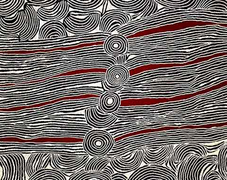
We are all visitors
to this time, this place.
We are just
passing through.
Our purpose
here is to observe,
to learn, to grow.
to love...and then
we return home.
New Blog post: On being a widow
Posted by Pam Cuming on July 27, 2014, 6:47 p.m.
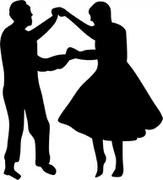
Sometimes couples learn to dance so well together that when one of them dies, the other can scarcely navigate the dance floor. To lose the love of one’s life is to feel like a part of us has been amputated. There is a vacancy, an emptiness that can never be filled. No matter how wondrous the people we meet in the future, the amputated limb can never be replaced or regrown.
The word “widow ...
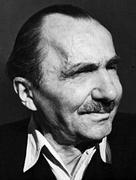
“Life is itself without beginning, an indestructible force of the Universe. Otherwise, from where did that superhuman strength come which hurls us from the unborn to the born…Life, not Death, is the indestructible force of the universe. Death is simply a part of Life, but it’s Life which ...

